What Are Milia?
Milia (singular: milium) are small, keratin-filled cysts that form just under the skin’s surface. They look like white or yellowish “pearls” or bumps and are often mistaken for whiteheads or pimples, but they are not caused by acne or clogged pores.
Key Characteristics
- Size 1–3 mm
- Location Common around the eyes, cheeks, nose, and eyelids
- Texture Hard, raised, and smooth
- Pain Painless and not itchy
- Infectious? No — milia are not contagious
Milia can occur in:
- Babies (neonatal milia) very common and typically resolve on their own
- Adults (primary milia) often from skin trauma, overuse of heavy skincare products, or sun damage
Attempting to squeeze or remove milia at home often fails and can damage the skin. A professional diagnosis and extraction are essential to prevent scarring and infection.
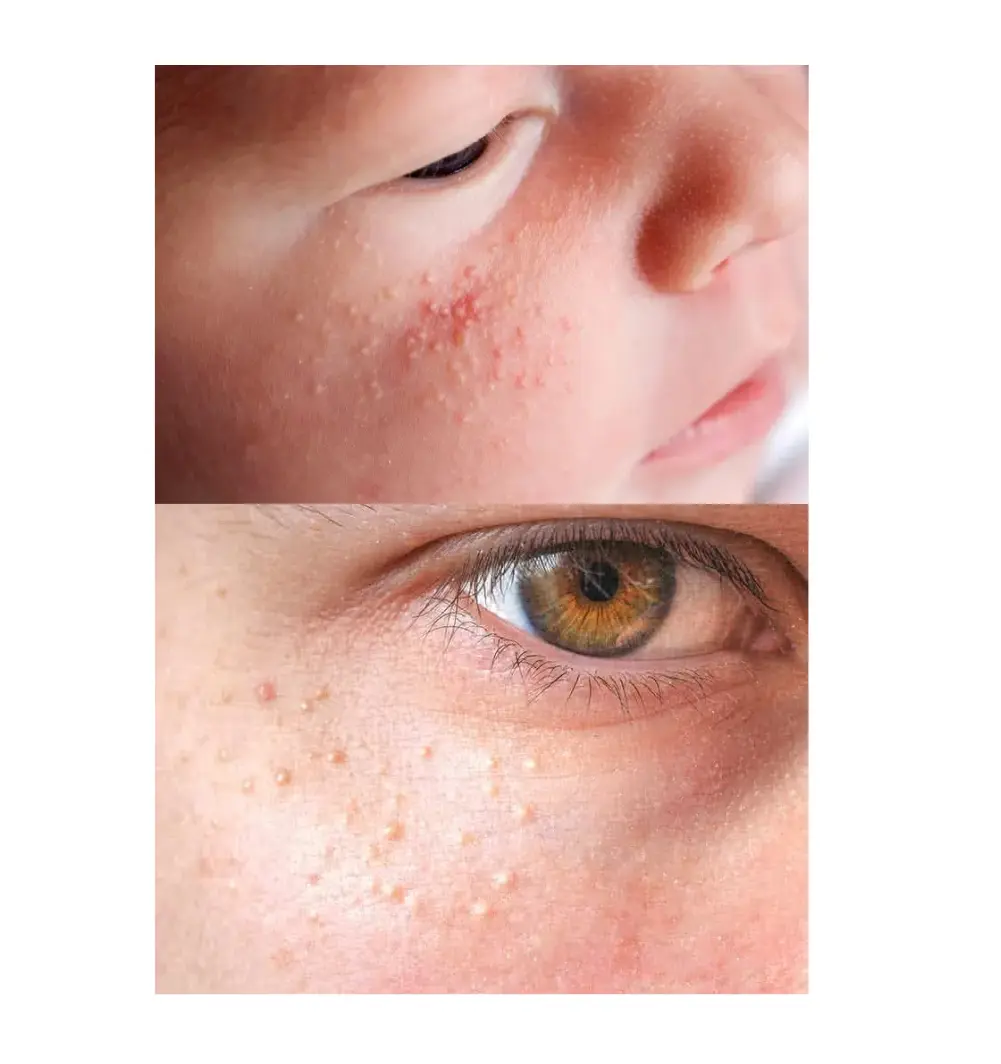
What Causes Milia in Adults?
While newborn milia are common and self-resolving, adult-onset milia can be triggered by:
- Heavy skincare products (especially around the eyes)
- Skin trauma (e.g. burns, laser treatments, dermabrasion)
- Sun damage or long-term sun exposure
- Use of topical steroids
- Genetic predisposition
- Poor skin exfoliation or buildup of dead skin cells
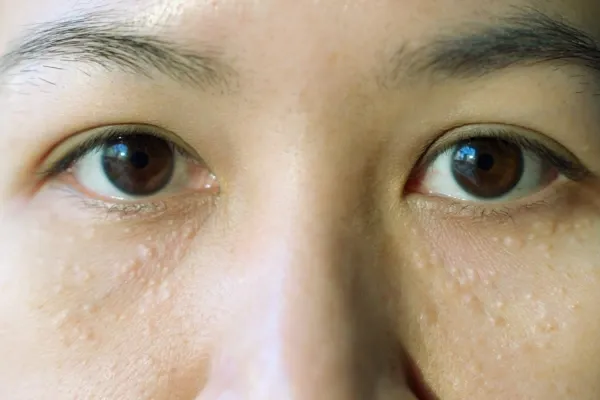
How We Diagnose Milia
Our dermatologists diagnose milia through a simple clinical examination, no biopsy or testing is usually required. Milia are visually distinctive and can usually be diagnosed by appearance alone.
If you’re unsure whether a bump is milia, a professional assessment can rule out similar-looking conditions like:
- Sebaceous hyperplasia
- Closed comedones (whiteheads)
- Syringomas
- Xanthelasma
- Cysts
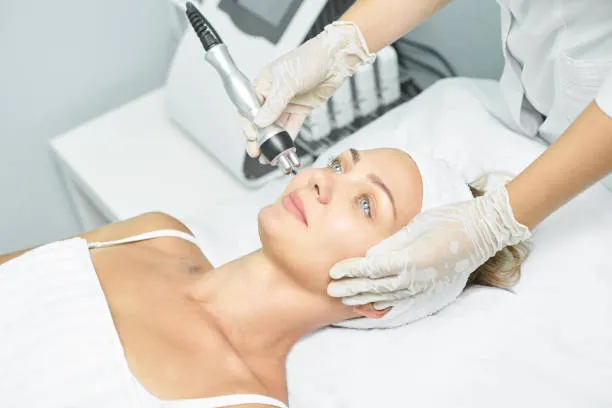
Milia Removal Treatments We Offer
Milia do not go away with over-the-counter creams or acne treatments. Attempting to remove them at home can cause infection, scarring, or pigmentation.
We offer expert milia extraction tailored to your skin type and the location of the lesions.
Manual Extraction (Most Common)
- Performed using a sterile needle and comedone extractor
- Safe and quick, with minimal discomfort
- Suitable for milia around delicate areas like the eyes
Electrodesiccation or Hyfrecation (For Stubborn Milia)
- Uses a low electrical current to break down deeper or resistant lesions
- Minimal downtime with excellent cosmetic outcomes
Topical Retinoids (For Prevention)
- Prescription creams that help prevent new milia formation by increasing cell turnover
- Note Not typically used around the eyes unless specifically recommended by your dermatologist
Milia Removal Process at Revitalise London
- Consultation & Assessment
A GMC-registered dermatologist will confirm the diagnosis and determine the safest removal method. - Personalised Treatment Plan
Tailored based on the size, number, and location of the milia. - Painless Removal Procedure
Most extractions take 10–20 minutes and are done in-clinic with minimal discomfort. - Aftercare Advice
You’ll receive clear instructions to support healing and prevent recurrence.
100% Satisfaction Guarantee
If you're not completely satisfied with your treatment results within 30 days, we'll provide a refund* or free re-treatment. Your satisfaction is our priority.
Licensed & Insured • Risk-Free Treatment
Benefits of Professional Seborrhoeic Keratoses Removal
✔️ Clearer Skin – Immediate cosmetic improvement
✔️ Scar-Free Results – Safe technique avoids permanent marks
✔️ Expert Diagnosis – Confirms the lesion isn’t something else
✔️ Quick & Comfortable – Painless and efficient
✔️ Prevention Advice – Skincare guidance to reduce recurrence
Why Choose Revitalise London for Seborrhoeic Keratoses Removal?
We combine clinical excellence with a patient-first approach. Here’s why hundreds trust us:
Nathalie Emmanuel
Actress - Game of Thrones Star
Had a wonderful experience with Dr Ken and his staff with my forehead lipoma removal. Thorough in planning before the procedure and so far, l've had a great experience with aftercare. When I had any questions there was always someone available to answer them.

Our Medical Team
Meet the experienced professionals who will provide your care
Our Accreditations
Trusted by healthcare regulators and professional bodies for maintaining the highest standards of medical care and patient safety.
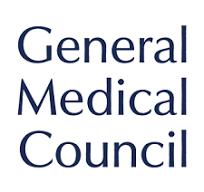

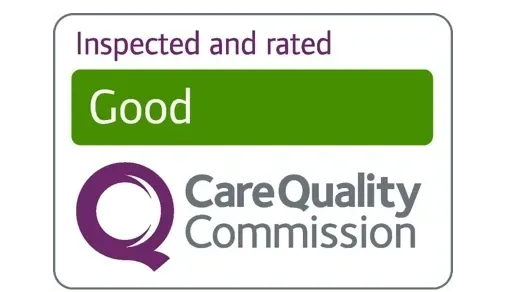
🛡️ Regulated & Certified Healthcare
All treatments are performed by GMC registered doctors in our CQC regulated clinic, ensuring the highest standards of safety and care.
Frequently Asked Questions about Milia
The procedure involves only minimal discomfort. Most people describe it as a light pinprick sensation and find it very tolerable.
Milia develop when keratin (a natural skin protein) becomes trapped just under the surface. In adults, they may be triggered by rich skincare products, sun damage, or skin trauma—but sometimes appear without an obvious cause.
Trying to squeeze milia won't work and can damage the skin. Home removal risks bruising, scarring, or infection. Safe removal should always be done by a professional.
In newborns, milia often disappear naturally. In adults, however, they tend to remain unless removed by a dermatologist.
No, although they look similar, milia are not a type of acne. They are tiny cysts filled with keratin, not oil or bacteria, and they don’t form from clogged pores like whiteheads do.
Yes, dermatologists can safely remove milia from delicate areas like the eyelids or under the eyes using precise, sterile techniques.
Most people heal within a few days. The treated area usually looks normal soon after, with little to no visible marks.
Once properly extracted, a milium won’t return in the same spot. However, new ones can form if contributing factors (like heavy creams or sun exposure) aren't addressed.





